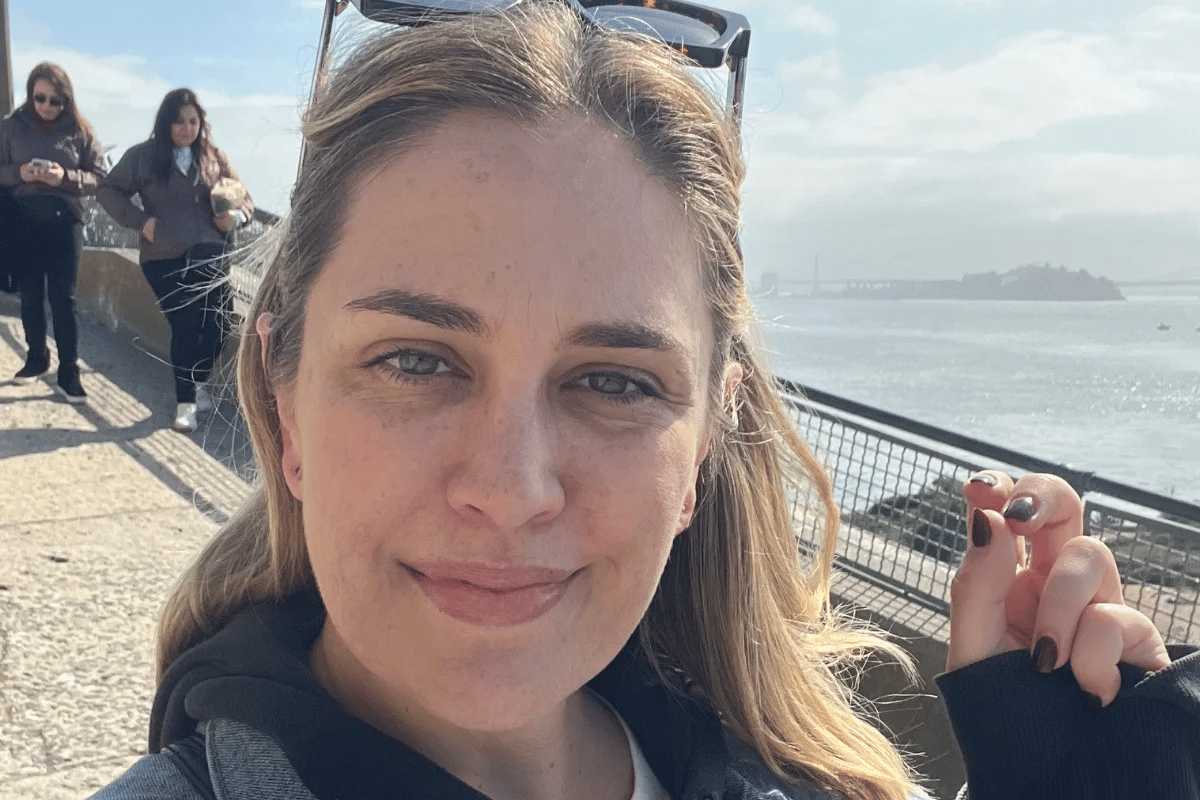
I was doing my usual evening scroll the other night (definitely not indulging in a little revenge bedtime procrastination), when I spotted an article about a four-word phrase every kid needs to hear.
I don't have kids and I'm… not a kid myself.
But for some reason, I clicked. I just… had to know, you know?? And when I read it, these four little words slapped me in the face:
I believe in you.
Oh. Oh.
It hit me like a ton of bricks. Not because I'm currently raising tiny humans who need to hear it (I'm not); but because I suddenly realised how rarely I hear those words as a fully grown adult.
And how much I still need them from time to time.
Watch: A 60-second breathing exercise for anxiety. Post continues below.
Because, think about it — when was the last time someone, anyone, looked you in the eye and simply said, "I believe in you"? I genuinely can't remember.
Whether it's a boss, a friend, a partner, a friend or a parent (hey, it's still nice to hear that sort of thing from your mum or dad, even at 40!), it's not often as adults we hear another adult say they have faith in us.
And okay, I get it: I'm a grown-ass woman who should have the confidence not to need external validation, blah blah. And sometimes — most of the time — I am! But as much as we learn to prop ourselves up, sometimes it's nice to get some gentle encouragement from the people around us.




























































































